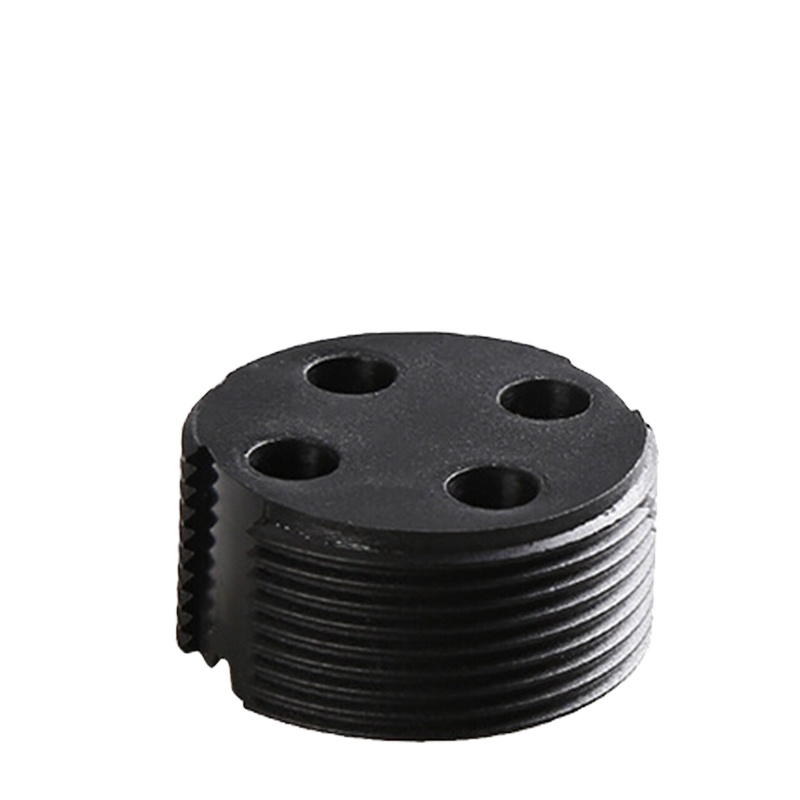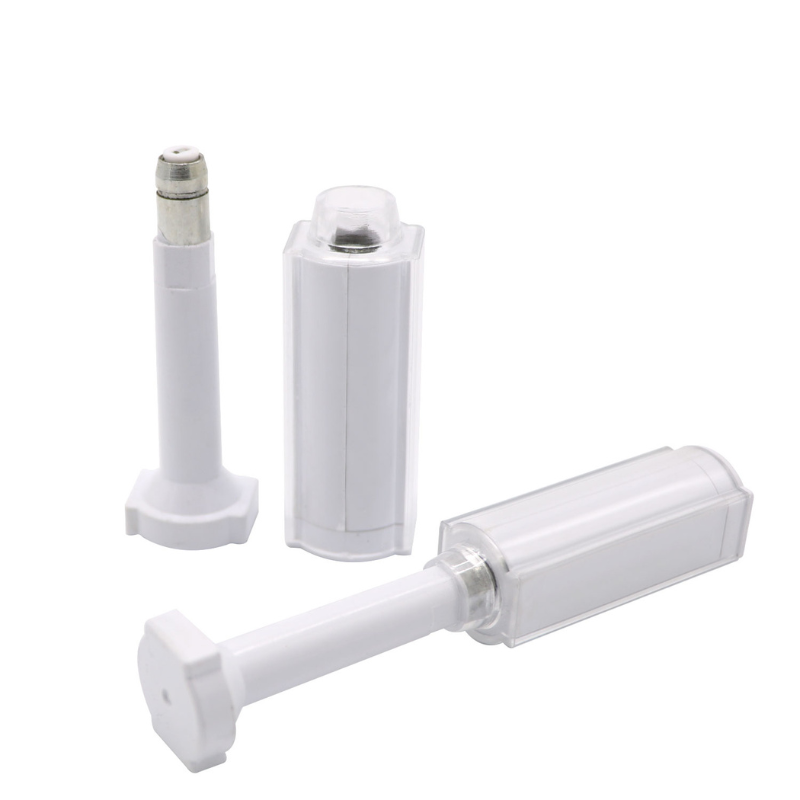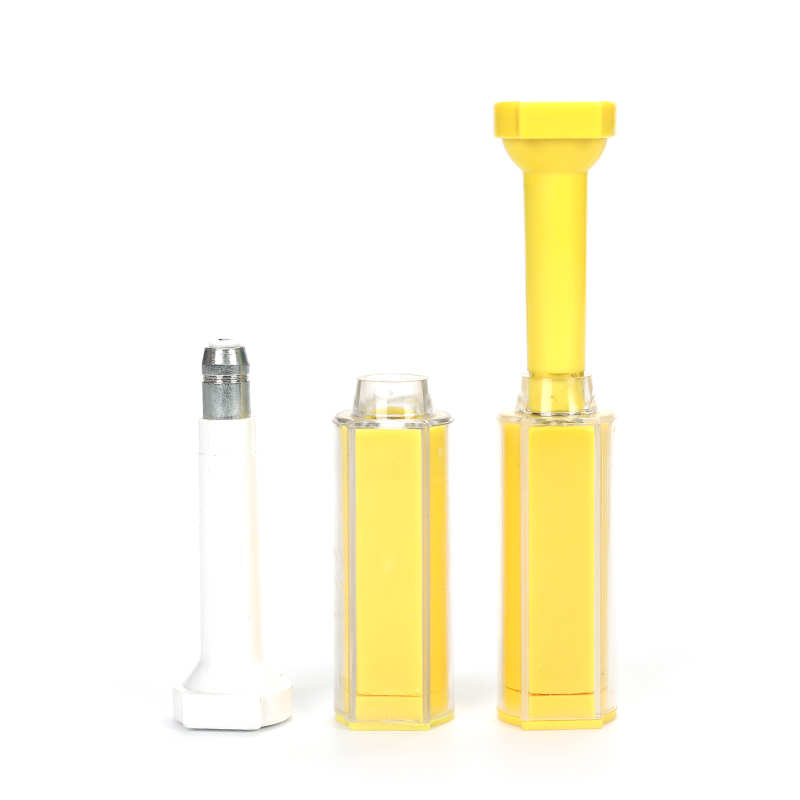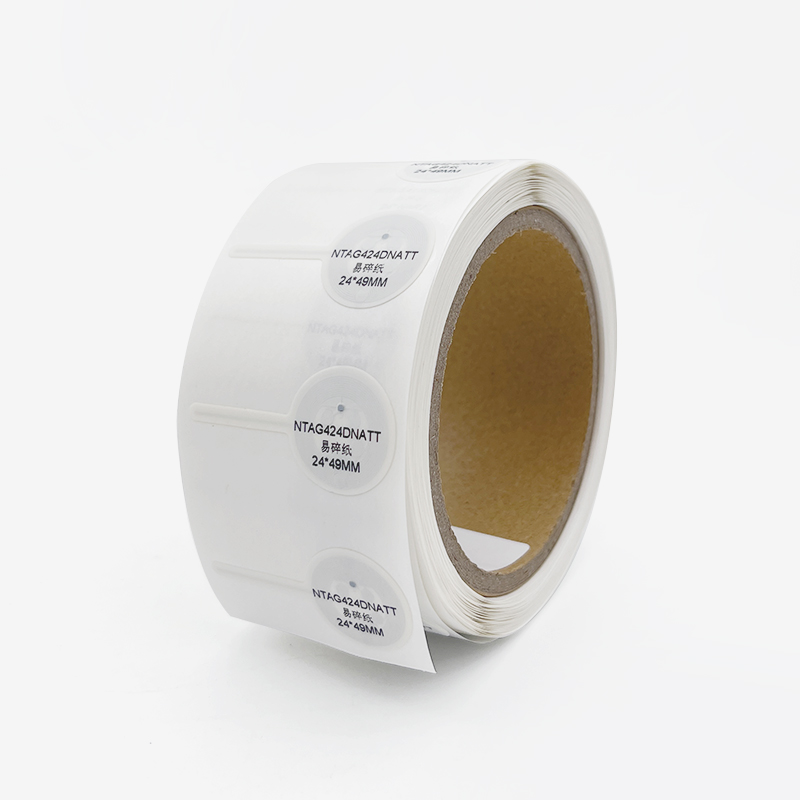
Comprehensive Overview of RFID Hard Tags and Their Applications
Table of Contents
Introduction: What Are RFID Hard Tags?
These robust RFID tags are built to withstand extreme temperatures, moisture, shock, and exposure to chemicals or metal surfaces—making them ideal for asset tracking, equipment tagging, container monitoring, and automated industrial systems.
In this guide, we’ll break down what RFID hard tags are, how they work, the types available, and when to use them in your business or factory floor.
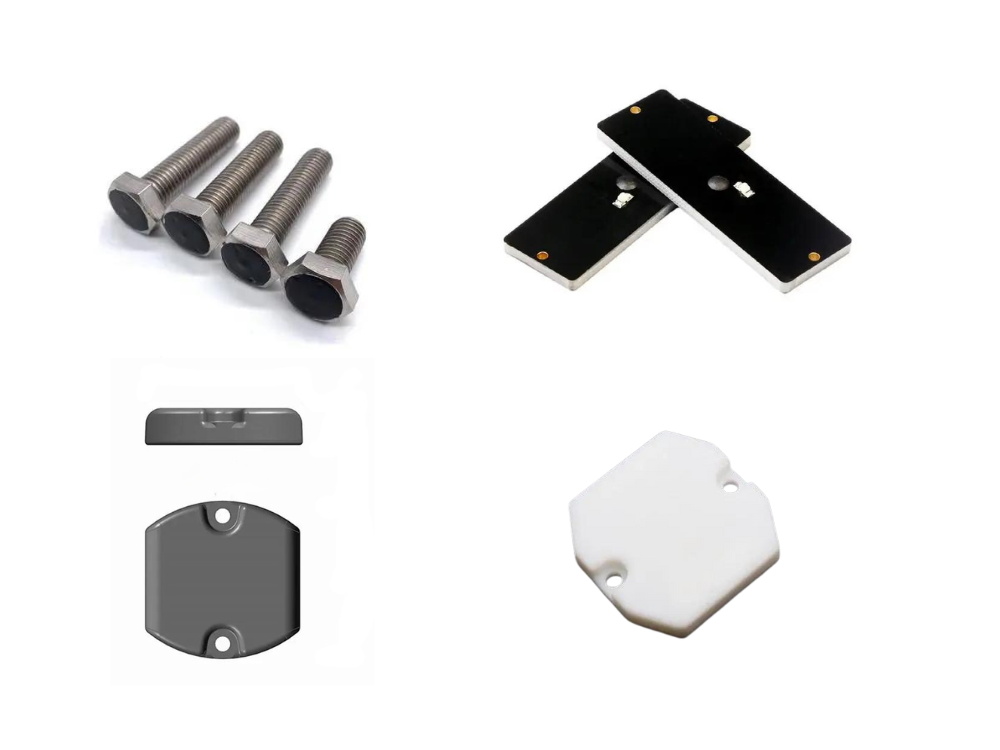
What Are RFID Hard Tags?
RFID hard tags are rigid, encapsulated RFID devices designed for use in challenging environments where standard RFID labels or inlays would fail.
Each hard tag includes:
- A microchip that stores a unique ID
- An antenna for signal transmission
- A protective casing (plastic, ABS, ceramic, or metal) to resist physical and environmental damage
🛒 View Our RFID Hard Tags Collection →
Explore Industrial RFID Tags
How Do RFID Hard Tags Work?
RFID hard tags operate like other RFID systems — a reader emits radio waves, powering the tag (if passive), and the tag responds with its stored ID. These tags can be:
- Passive (no battery) – activated by the reader’s signal
- Active (battery-powered) – for long-range or real-time tracking
- Semi-passive – hybrid mode for improved range with reduced power draw
Most industrial RFID applications use passive UHF hard tags for high-volume, low-maintenance deployments.
Materials Used in RFID Hard Tags
| Material | Benefits | Typical Use Case |
|---|---|---|
| ABS Plastic | Lightweight, low cost | General asset tracking |
| Polycarbonate | Durable, UV-resistant | Outdoor and long-term deployments |
| Ceramic | Heat & chemical resistant | High-temperature manufacturing |
| Metal-encased | EMI-shielded, waterproof | Harsh industrial or metallic environments |
RFID Hard Tags vs. Soft RFID Tags
| Feature | RFID Hard Tags | Soft RFID Tags (Labels/Inlays) |
|---|---|---|
| Durability | ✅ Very High | ❌ Low |
| Waterproofing | ✅ Yes | ⚠️ Limited |
| Mounting Options | Screws, Rivets, Epoxy | Adhesive only |
| Cost | Higher per unit | Lower per unit |
| Use Case | Equipment, shipping containers, pallets | Retail, logistics, consumables |
Common Applications of RFID Hard Tags
1. Asset Tracking in Manufacturing
Tag machinery, tools, and heavy equipment for lifecycle and maintenance management.
2. Container and Pallet Identification
Hard tags are ideal for reusable pallets, bins, and cages moving across supply chains.
3. IT Asset & Server Tagging
Use rugged UHF tags in data centers to manage servers, cables, and routers.
4. Waste Management & Recycling
Monitor and track waste containers and bins through municipal RFID systems.
5. Metal Mount Environments
RFID hard tags designed for metal surfaces eliminate interference issues that affect standard tags.
Choosing the Right RFID Hard Tag
When selecting a tag, consider:
| Factor | Recommendation |
|---|---|
| Mounting Surface | Choose metal-mount tags for metallic objects |
| Environment | Use polycarbonate or ceramic tags for high heat or chemical areas |
| Read Range | Use UHF tags for long-distance scanning |
| Tag Size | Balance between space available and read performance |
| Attachment Method | Rivet holes, adhesive back, cable ties, or epoxy |
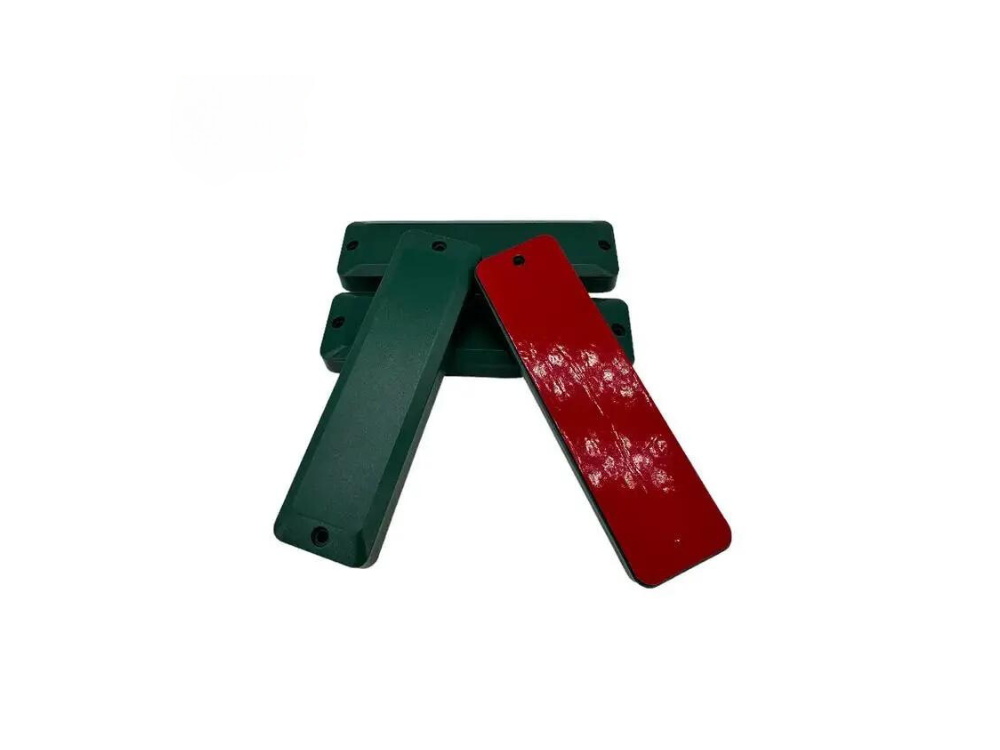
FAQs About RFID Hard Tags
What makes an RFID tag “hard”?
Hard tags are RFID devices encased in rugged materials (plastic, metal, ceramic) to protect against environmental damage.
Can hard tags be used on metal?
Yes. Special metal-mount RFID hard tags are engineered with shielding or standoff structures to function directly on metal surfaces.
Are RFID hard tags waterproof?
Most are IP67+ rated, meaning they’re waterproof and dust-resistant, suitable for outdoor or wash-down environments.
What's the read range of a hard tag?
UHF hard tags can be read from 3 to 10 meters, depending on the tag, reader, and environment.

Ray Zhou
This article was written by Ray Zhou, an RFID technology expert with more than 10 years of industry experience.
Comments
Hot Products
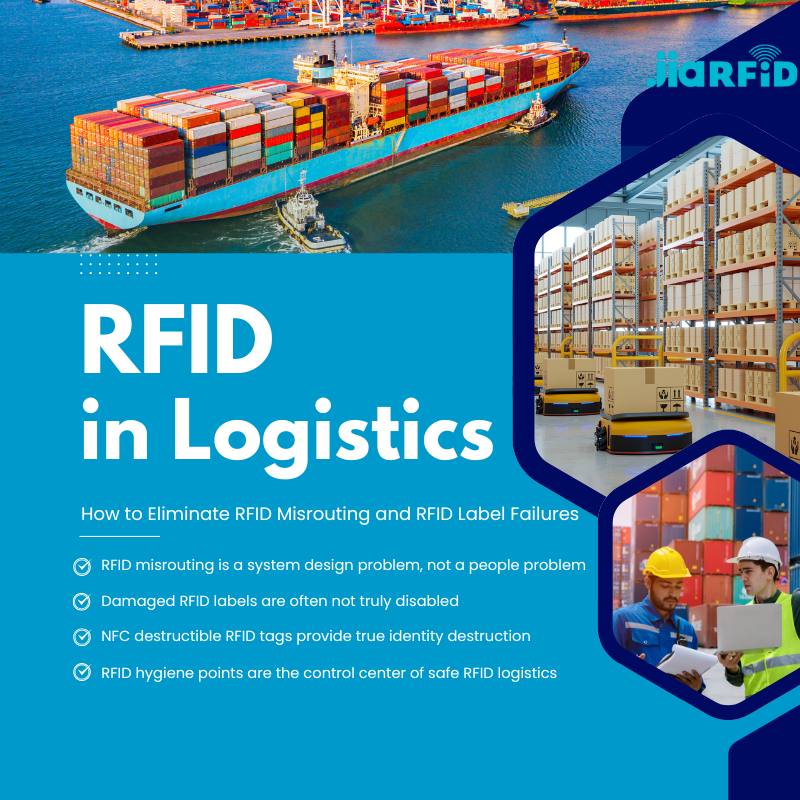
RFID in Logistics: How to Eliminate RFID Misrouting and RFID Label Failures
RFID in logistics is more than just a tool to speed up processes. It has become a key part of how modern supply chains operate.
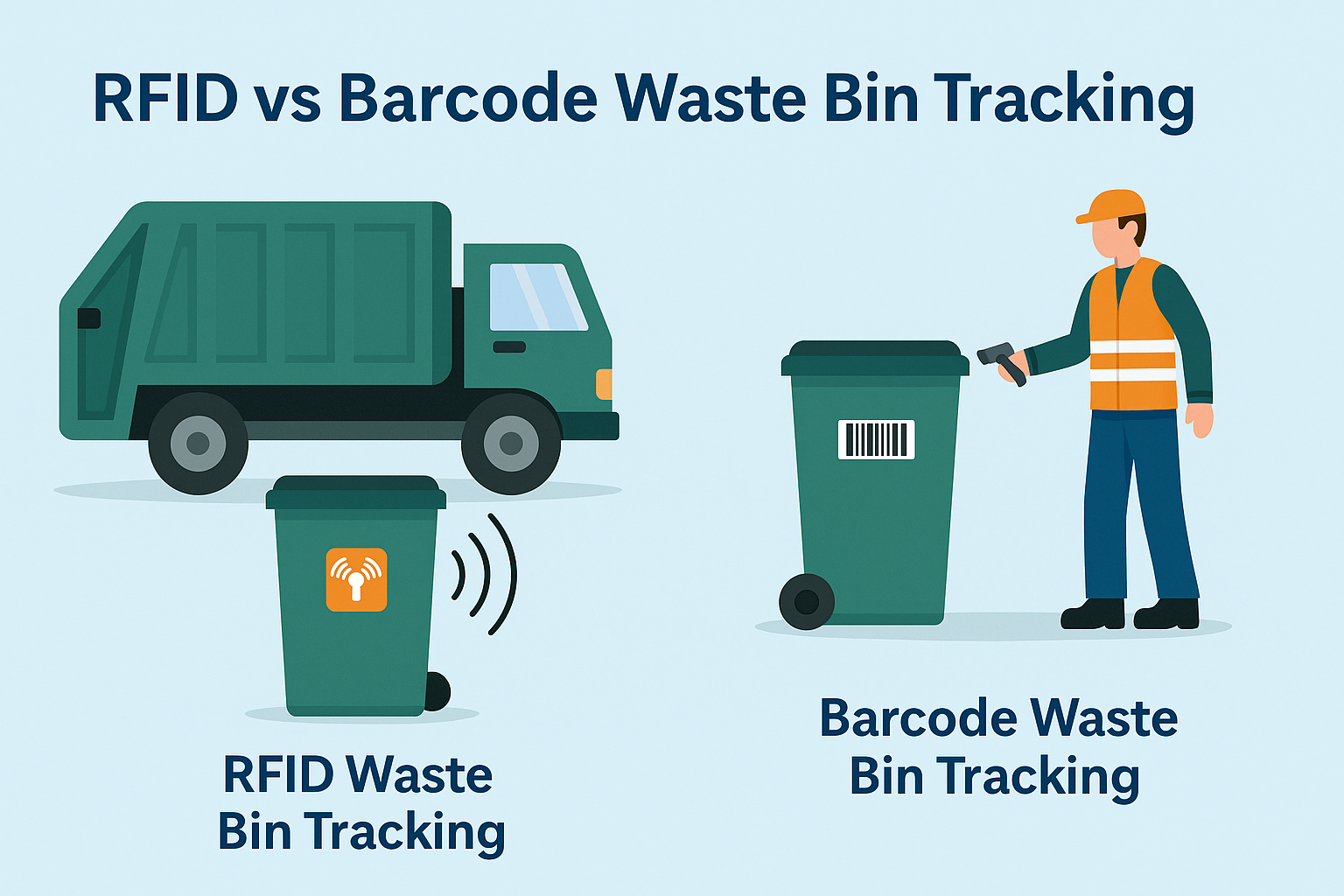
What Is RFID Waste Management
Imagine a city where every trash bin speaks — not literally — but through a tiny chip that tells the system when it’s full, when it’s emptied, and where it went. That’s what RFID waste management is doing today.
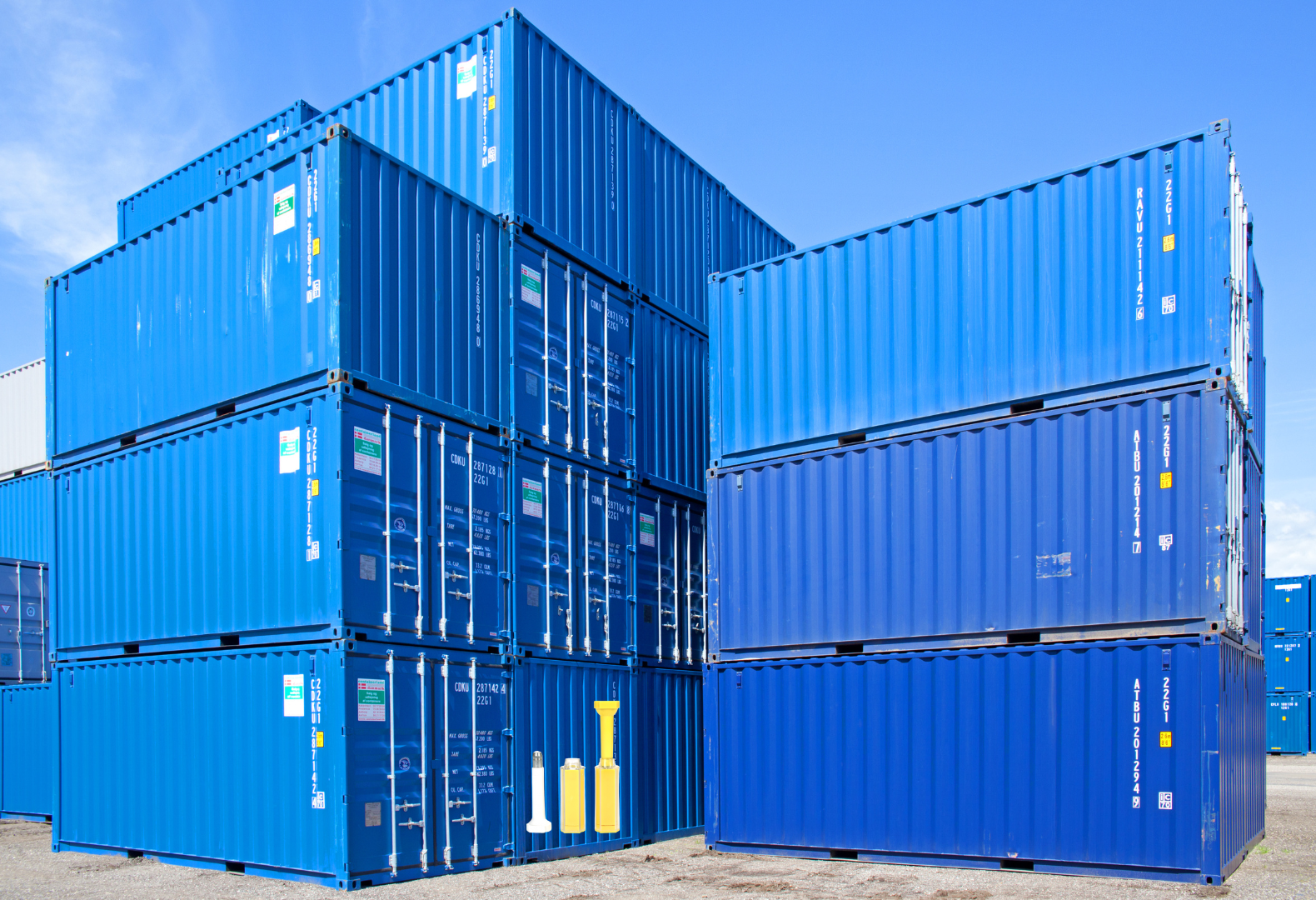
What are Bolt Seals and their Applications? | Complete Guide
In global trade and logistics, bolt seals play a crucial role in ensuring cargo security and compliance. These small but powerful devices are designed to lock shipping containers, trailers, and cargo doors with a tamper-evident mechanism.
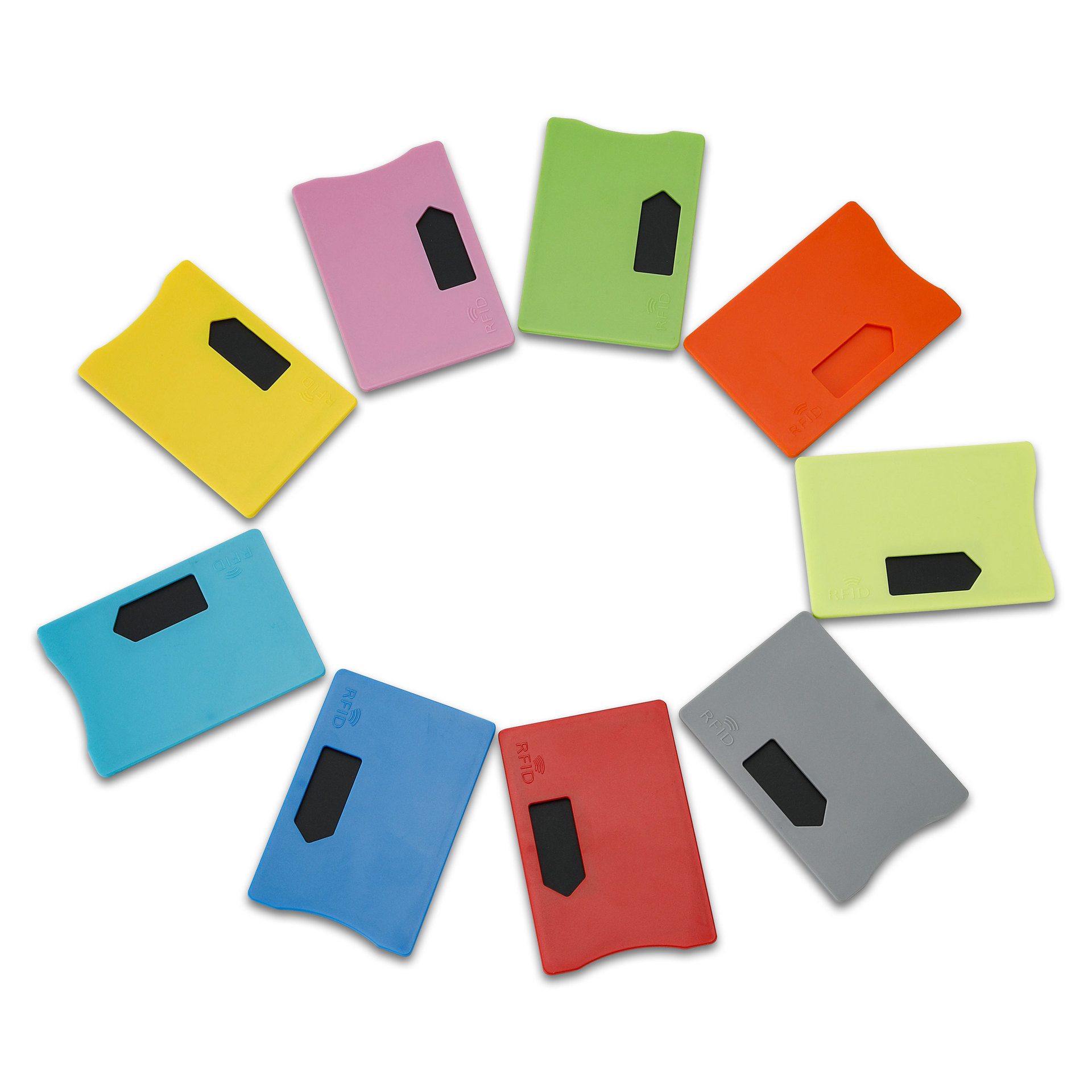
What is an RFID Card Protector? Benefits, Use Cases, and Buying Guide
RFID technology (Radio Frequency Identification) is everywhere: in your credit cards, ID badges, transit passes, hotel room keys, and more. It offers speed and convenience, but it also opens the door to a new kind of digital theft called “skimming.” That’s where an RFID card protector comes in.

RFID Wristbands for Events: Bulk Buying Guide for Organizers
RFID wristbands for events are becoming the go-to solution for organizers who need faster entry, fraud prevention, and cashless payments at concerts, festivals, and sports venues. Unlike paper tickets or QR codes, these smart wristbands use embedded chips to streamline access, secure transactions, and improve the guest experience.
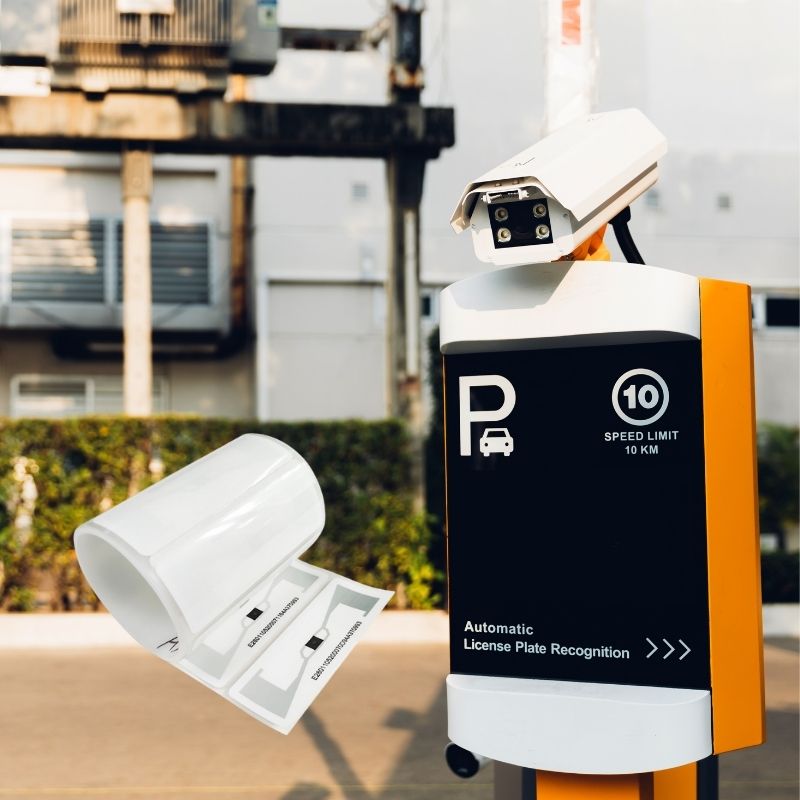
How RFID Tag on Windscreen Improves Vehicle Access Control and Toll Systems
In today’s fast-paced world, vehicle identification needs to be quick, secure, and contactless. An RFID Tag on the Windscreen provides exactly that — a reliable way to manage toll collection, parking, and gated access without stopping vehicles.
Tags
RELATED BLOGS

RFID in Logistics: How to Eliminate RFID Misrouting and RFID Label Failures
RFID in logistics is more than just a tool to speed up processes. It has become a key part of how modern supply chains operate.

What Is RFID Waste Management
Imagine a city where every trash bin speaks — not literally — but through a tiny chip that tells the system when it’s full, when it’s emptied, and where it went. That’s what RFID waste management is doing today.

What are Bolt Seals and their Applications? | Complete Guide
In global trade and logistics, bolt seals play a crucial role in ensuring cargo security and compliance. These small but powerful devices are designed to lock shipping containers, trailers, and cargo doors with a tamper-evident mechanism.


